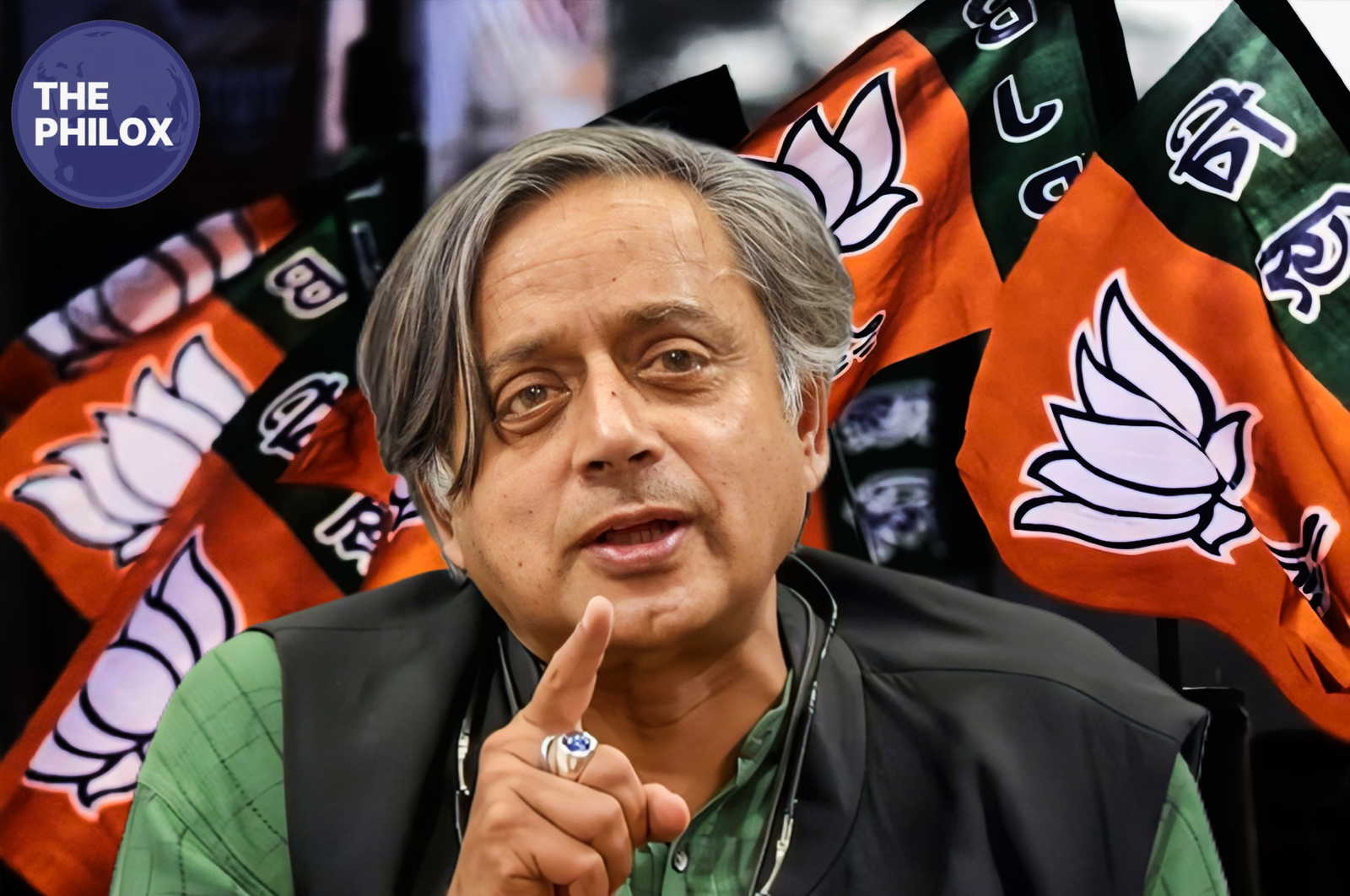From March 2022 until February 2025, Madhabi Puri Buch presided over the Securities and Exchange Board of India (SEBI) amid controversy. Allegations of a hostile workplace, mistreatment, and financial misbehavior defined her tenure.
Workers objected to her severe treatment, and her leaving was so unpopular she was not given a customary farewell. According to reports, she regularly screamed at staff members, set unreasonable deadlines, and fostered a culture of anxiety.
Her reputation suffered even more when claims of financial misbehavior and conflict of interest surfaced during her time.
Introduction: Fear and Conflict Defining a Leader
Originally joining her position with pledges of change and rigorous governance, Madhabi Puri Buch was the first female Chairperson of SEBI. But as time went on, her approach to leadership started to cause great conflict.
Workers accused her of establishing a poisonous workplace, verbally attacking others, and giving her workers little sympathy.
Her term became legendary for internal strife, investigations, and public demonstrations by SEBI staff rather than for bringing about constructive reform.
Her term expired on February 28, 2025, but unlike her predecessors, she received no farewell—a decision many felt directly reflected her declining popularity inside SEBI.
This paper explores the factors behind Madhabi Puri Buch’s present reputation as among the most divisive SEBI Chairpersons in history.
Bad Work Culture: Workers Protest Abuse
Buch’s mistreatment of staff members was among the main grievances leveled at her. According to reports, she regularly yelled at staff members in meetings, publicly chastised them, and embarrassed junior staff members. Working under her direction caused many staff members to resign from stress.
Employees of SEBI penned a letter to the Finance Ministry in August 2024 with the heading “Grievances of SEBI Officers – A Call for Respect”. The letter detailed multiple grave allegations:
1. Employees said that common in meetings were yelling and scolding, which amounted to verbal abuse and public humiliation of some staff members.
2. Buch supposedly set unrealistic work targets and erratic deadlines, which caused great stress among staff members.
3. Employees worried about reprisals—that is, about demotions, transfers, or job loss—that their complaints would cause.
Ten employees left in one month owing to workplace stress, therefore creating a record number of resignations in 2024 from a poisonous atmosphere.
Employee Protests and Mass Firings
Buch shockingly fired 50 junior staff members in 2024 for challenging her decisions.
The mass dismissals infuriated SEBI employees and drove demonstrations against her leadership. Workers insisted on looking into her behavior, but SEBI officials turned back requests.
Demanding her resignation, 500 SEBI staff members silently protested outside SEBI offices in Mumbai by September 2024.
Unprecedented in SEBI’s history, the demonstrations exposed her growing extreme unpopularity. Workers charged her with being autocratic and entirely contemptuous of their issues.
Charges of Conflict of Interest and Financial Misbehavior
Allegations of financial misconduct dogged Buch’s presidency as well. Hindenburg Research charged her in August 2024 with having conflicts of interest with the Adani Group.
According to reports, her husband and she had financial connections to offshore firms connected to Adani.
The Indian National Congress further claimed she was getting rental income from a company under SEBI probe.
This begged questions on her actual objectivity in regulatory choices. More debate sprang out when it was found she still had stock options from ICICI Bank even after quitting the company.
She refuted all accusations, but the damage to her reputation had existed. The charges helped to fuel mounting discontent among SEBI staff members and support their demands for her removal.
No Farewell: Historic First for a Chairperson of SEBI
SEBI chairpersons are traditionally given a goodbye celebration at the end of their tenure. But when Madhabi Puri Buch’s term ends on February 28, 2025, no farewell was conducted—a statement-wise significant action. Many saw the choice not to plan a farewell as a rejection of her leadership.
Workers considered this as a welcome break from a challenging era in SEBI’s history. The fact that not even top officials wanted to say goodbye revealed just how profoundly she had turned off the staff.
An Argumentative Legacy Not To Be Ignored
Conflict, accusations, and a strong lack of support from her staff defined Madhabi Puri Buch’s stay at SEBI.
Mass resignations, demonstrations, and internal complaints resulting from her poisonous leadership style were accompanied by claims of financial misbehavior, so erasing her character.
Her unusual leaving without a farewell sign the end of her reign, but it does not mean the end of debates on her divisive leadership.
Relieved to see her go, SEBI staff members will probably recall her as among the most disliked Chairpersons in the history of the regulatory agency.
Stay Connected and Share Your Stories
For all those inspired by stories of resilience and ambition, follow us on X/Twitter and on Instagram . For those with untold stories that you would love to share, please send them to contact@thephilox.com




